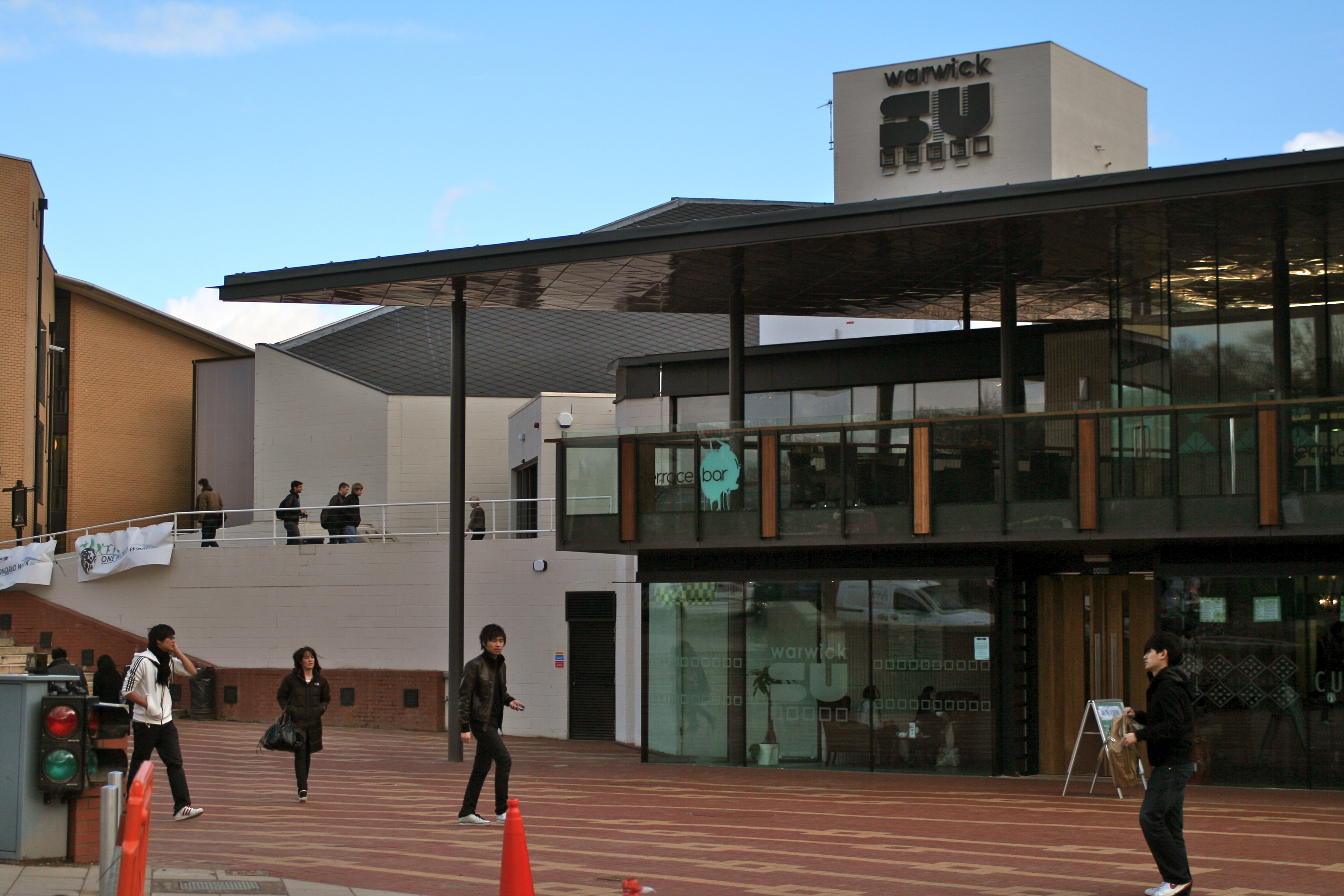Why ‘self-defining’ in SU elections does not help liberation issues
It’s fair to say that “liberation” issues are gaining more media attention in the wider world. Warwick SU take the view that there should be five elected-officers for Disabled Students, Ethnic Minorities, Women, LGBTUA+ and Trans Students. Current Student Union policy states that only students who are self-defining Ethnic Minorities may vote for the Ethnic Minorities Officer, and the rule applies respectively for all 5 Liberation Officers.
Having gone to school in the diverse city of Birmingham, to find myself having to ‘self-identify’ before being allowed to vote for the Ethnic Minorities Officer was quite alienating to me. When I first saw the message underlined in red, reading, “you are not able to vote in this election, as you have not identified as an ethnic minority”, I was taken aback.
To exit the page, then ‘self-identify’, before proceeding to vote, was very jarring. At that instance, the voting procedure caused a distinct sense of disconnection with the wider community – creating division that I did not expect to feel at Warwick. It was a very real sense of othering. If I had not clicked the button to ‘self-identify’, the computer screen would continue to tell me that my experiences and opinions were invalid for the purpose of casting my vote.
To find myself having to ‘self-identify’ before being allowed to vote for the Ethnic Minorities Officer was quite alienating to me
At its core, the ‘self-identification’ policy allows those with “valid” experiences and judgement to vote and prevents those without from voting. If the intention of having Liberation Officers is to raise awareness and improve student engagement with liberation issues, then this self-identification process is not helping. Say, you are a carer, but do not identify as a disabled student. Surely your expertise, experiences, and judgement be of value to the election? And this principle fundamentally applies to allies of all five liberation causes.
One of the key benefits in allowing students to vote for both the Sabbatical and all the Liberation positions is that more students will be able to gain more awareness of liberation issues – by reading the manifestos addressing the key priorities and making a judgement to vote! The go-to counter argument is usually, “if you let all students stand and vote, you may get joke-candidates winning”. The implication is (a) you must firstly self-identify in a certain group before you can be a good advocate, and (b) it could be hijacked.
To quote radio presenter James O’Brien discussing liberation issues in a recent show, he posed the idea that “I don’t have to be a right-wing journalist to tell you who’s the best advocate for right wing journalism. Equally, I don’t think I have to identify in a certain way to work out who would the best advocate for that group”. Similar points on internationalism have been made by Yanis Varoufakis, the founder of the pan-European movement DIEM25. The rationale was: why should your opinion matter solely and singularly based on your nationality? Not everyone may agree with this brand of left-wing internationalism, but surely Warwick SU should not discount this view without meaningfully appraising it.
One of the key benefits in allowing students to vote for both the Sabbatical and all the Liberation positions is that more students will be able to gain more awareness of liberation issues
The other issue is the fear of joke-candidates. This has not been unheard of, and indeed, has happened before at the SU level and even in the Engineering Society (we once had 2 so-called ‘joke’ candidates running for Womens’ Officer – they were both vanquished by one of my capable friends). There are two usual outcomes, the first is that the majority will not vote for explicitly silly manifestos – given a healthy turnout. The second is that the situation usually generates a huge amount of controversy among students and the (student) media. This in turn leads to people being more aware that elections are taking place, so more people actually vote, read the manifestos, and become more knowledgeable about the issues at stake.
If Warwick SU wishes to avoid a repeat of the 2018 Spring Elections, where not one out of 24,000 students at Warwick stood for either Women’s or Ethnic Minorities Officer, the SU needs students to be more engaged with Liberation issues. Curiously, the sum of all students who identify either as Women, Ethnic Minority, or both, is more than 50% the University population; it sadly reflects the scale of student disengagement with the SU among these groups.
One way of dealing with student engagement is for the SU to not make women, ethnic minorities, or anyone from a liberation background feel like an ‘other’, and to improve the awareness of Liberation issues. Perhaps start by removing these counter-productive self-identification voting measures.

Comments (2)
shit take from the most consistently wrong person in Warwick
Amazing to see the Warwick Eye expanding!